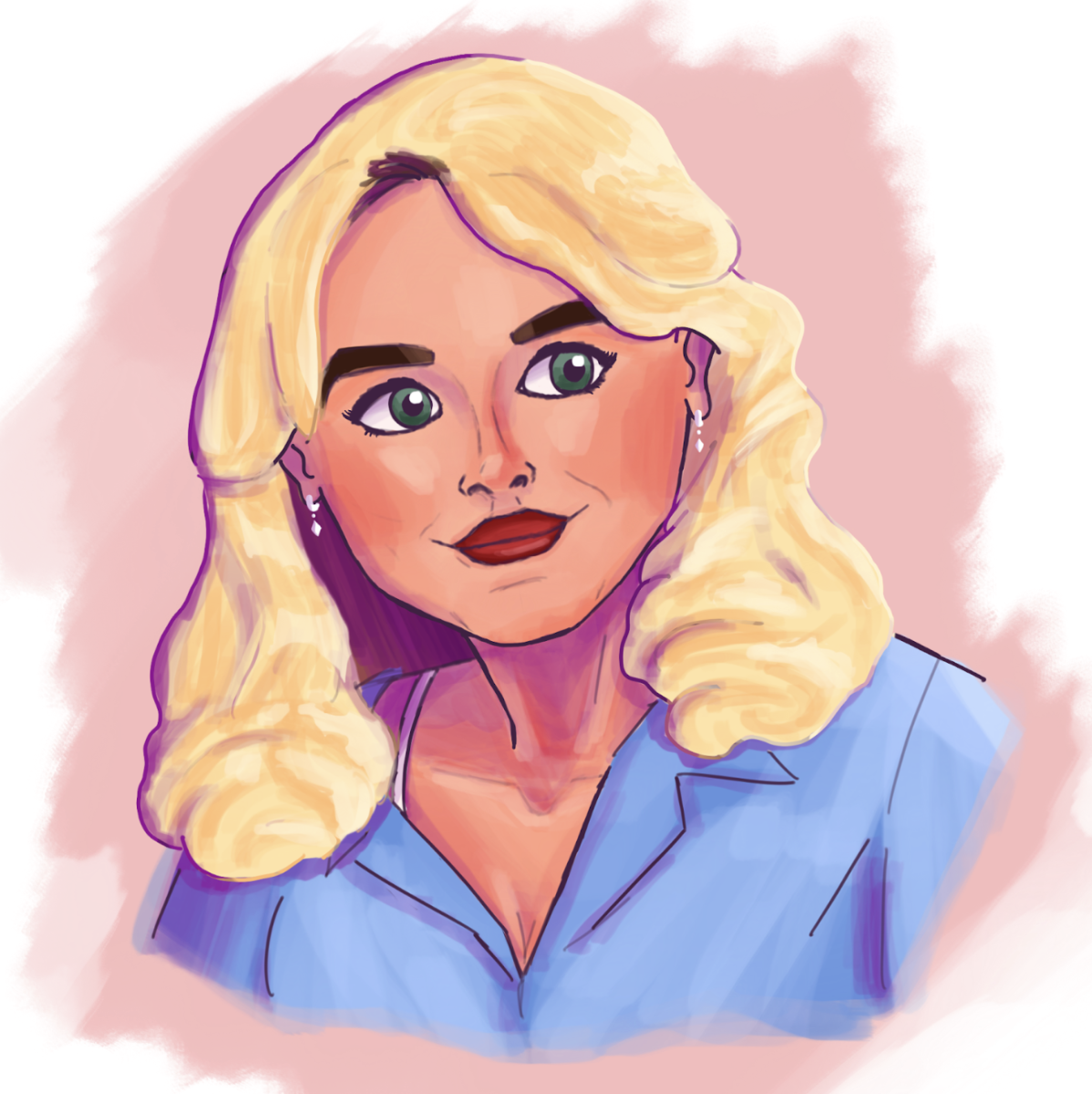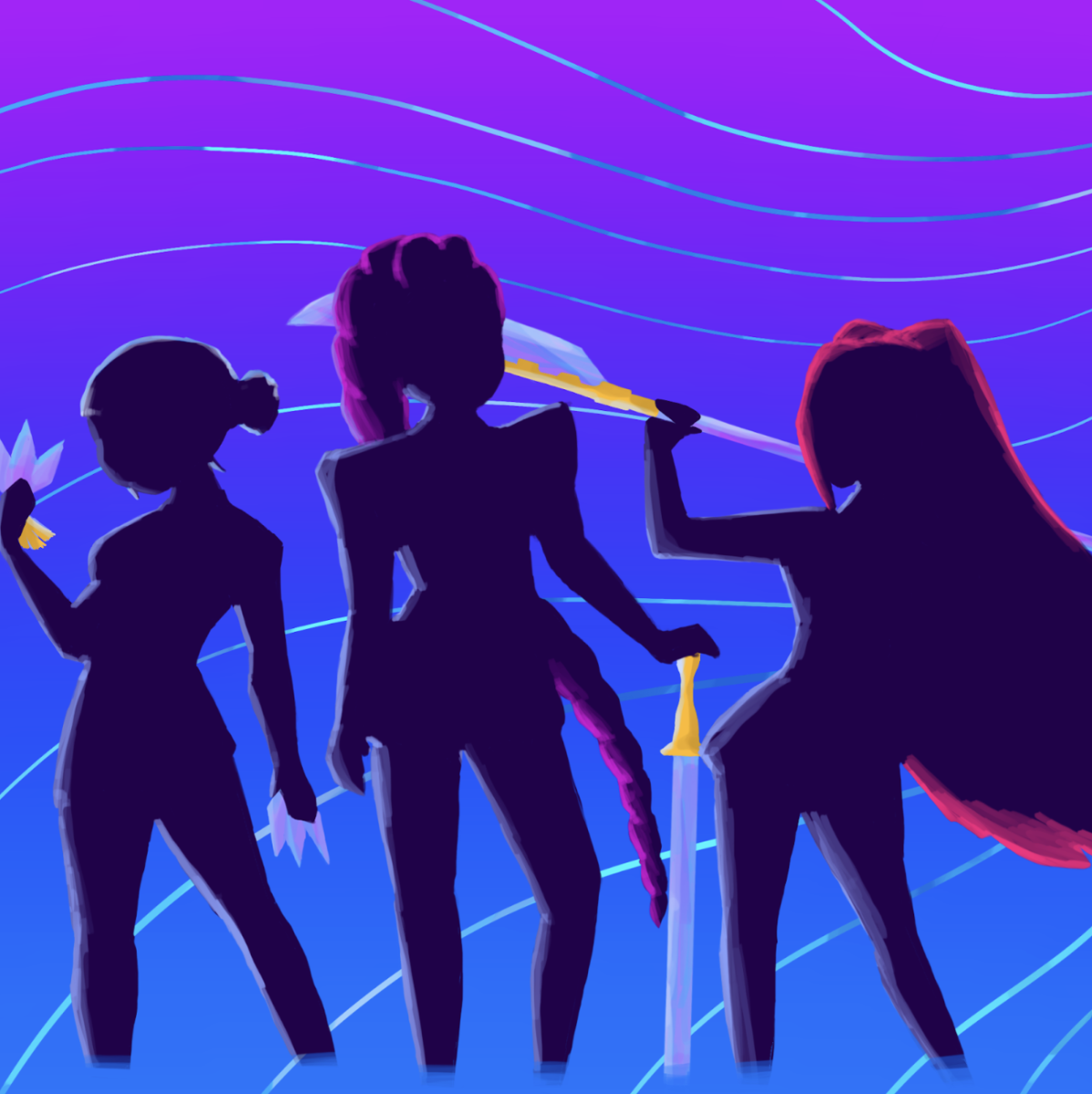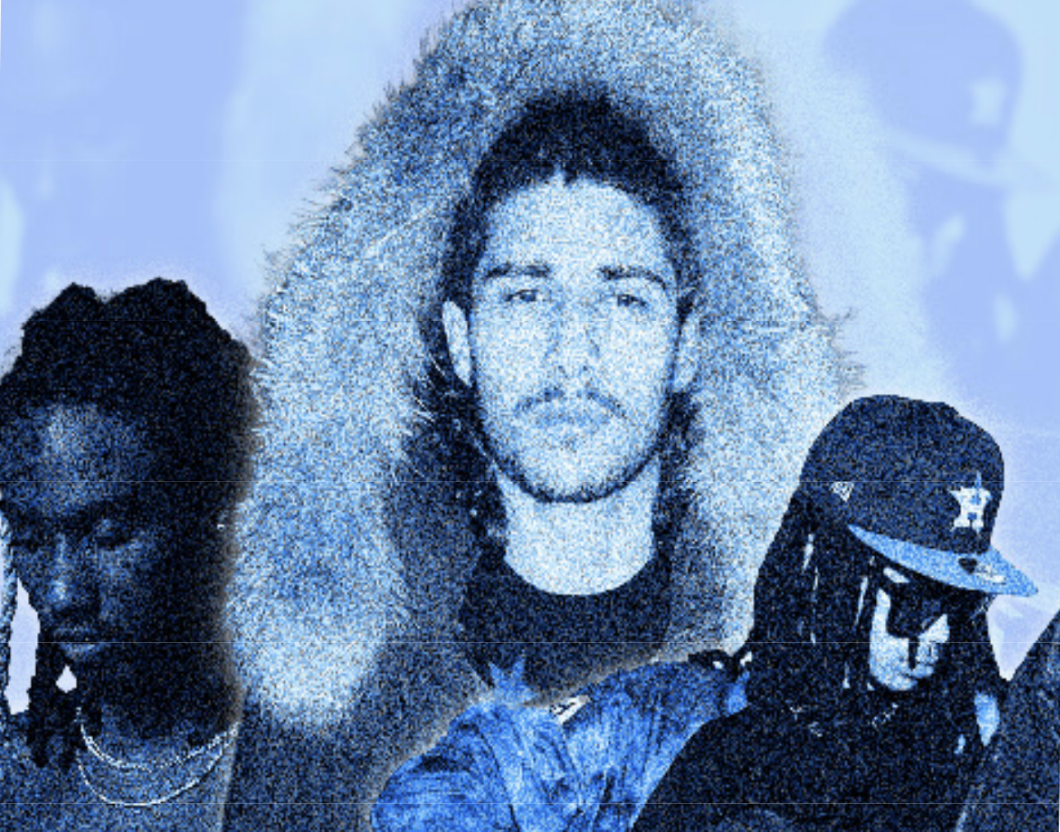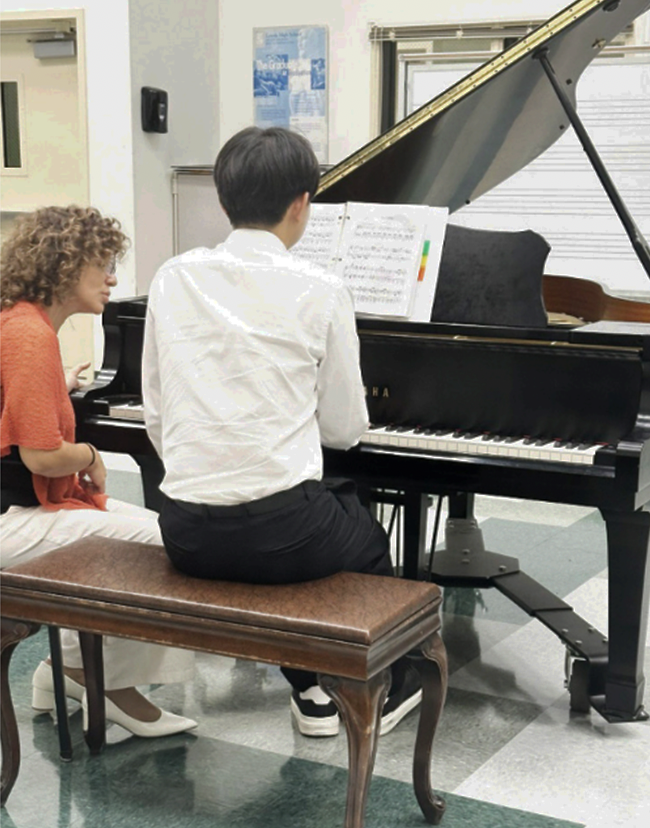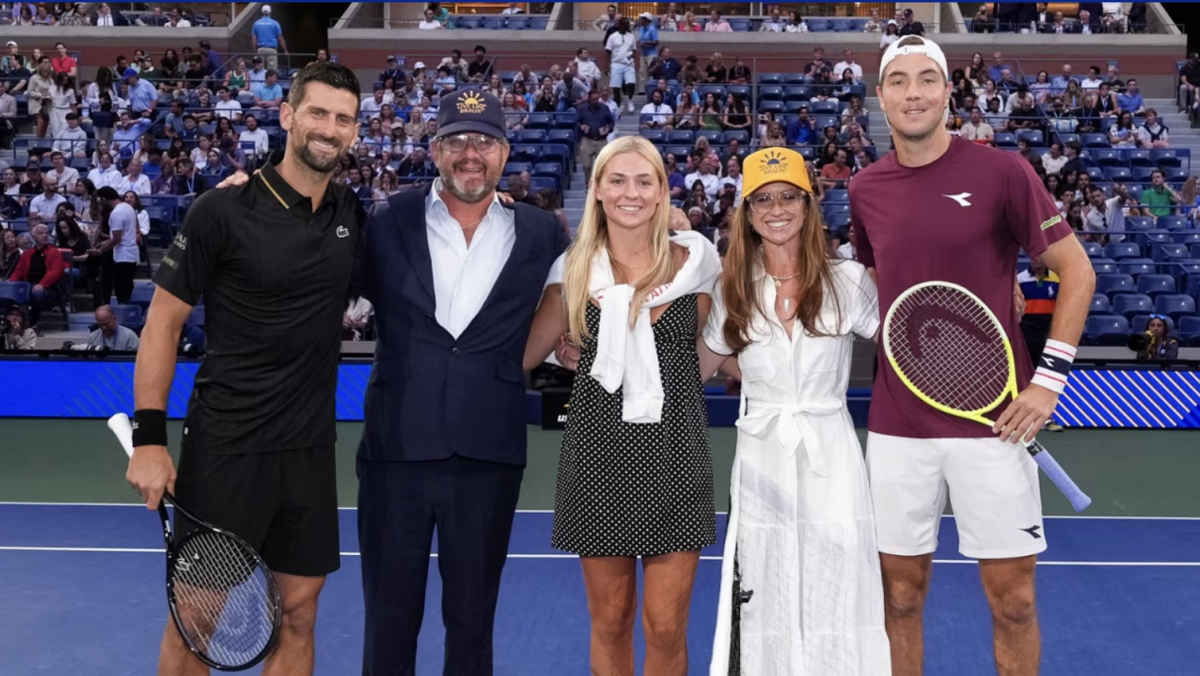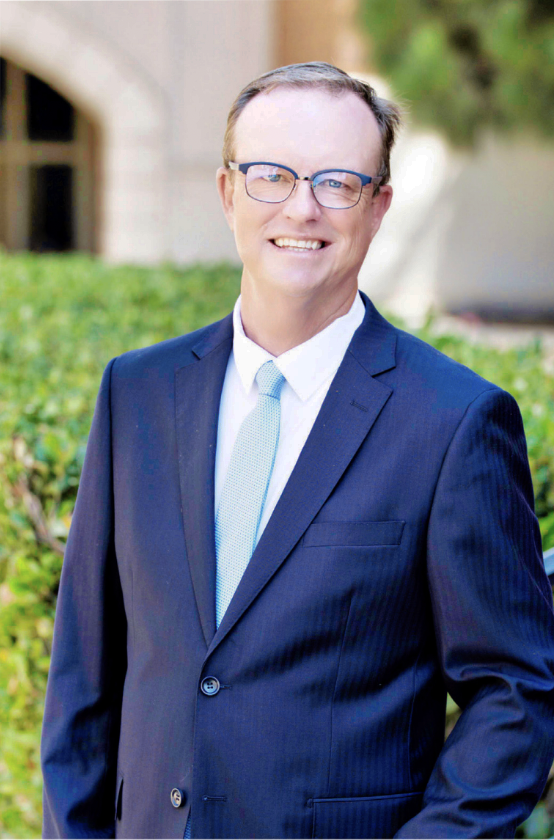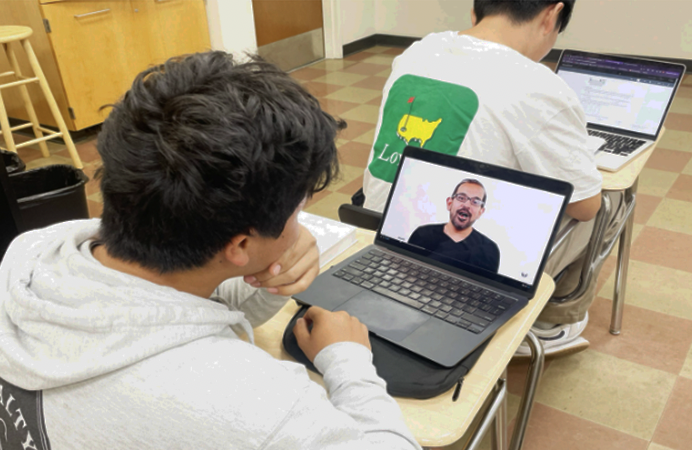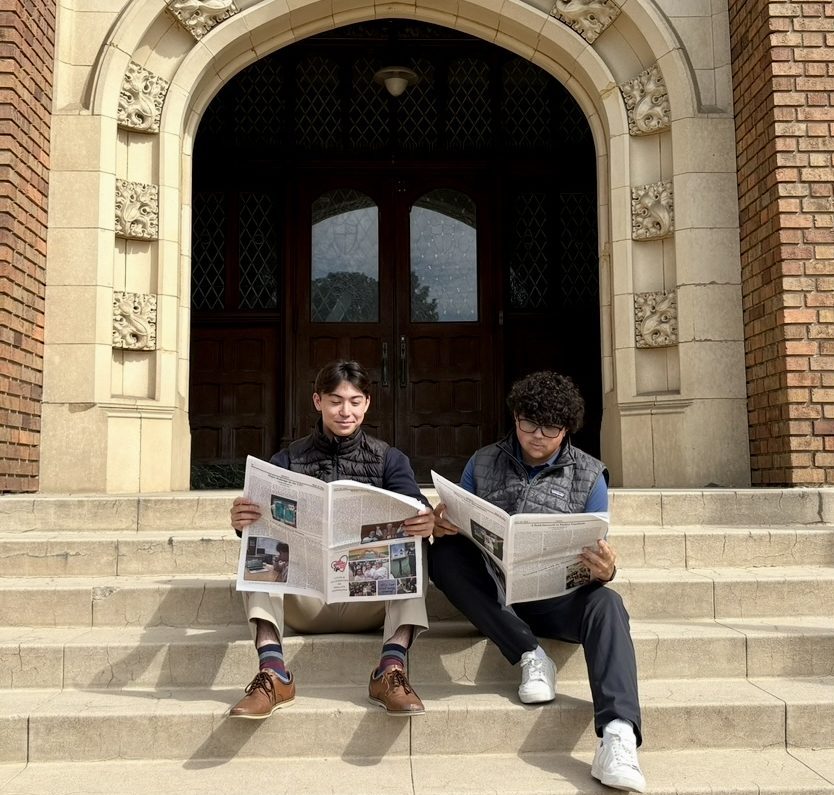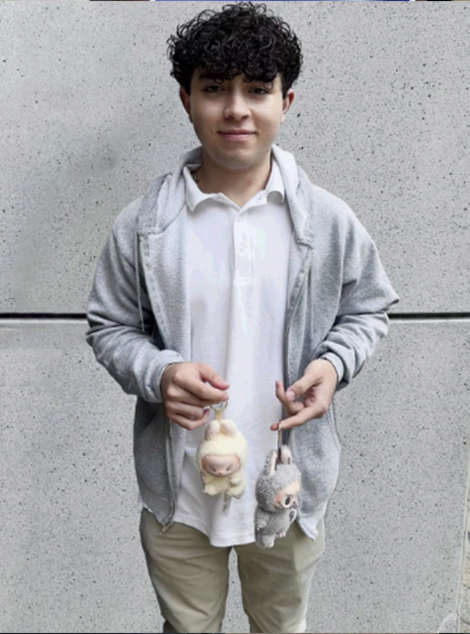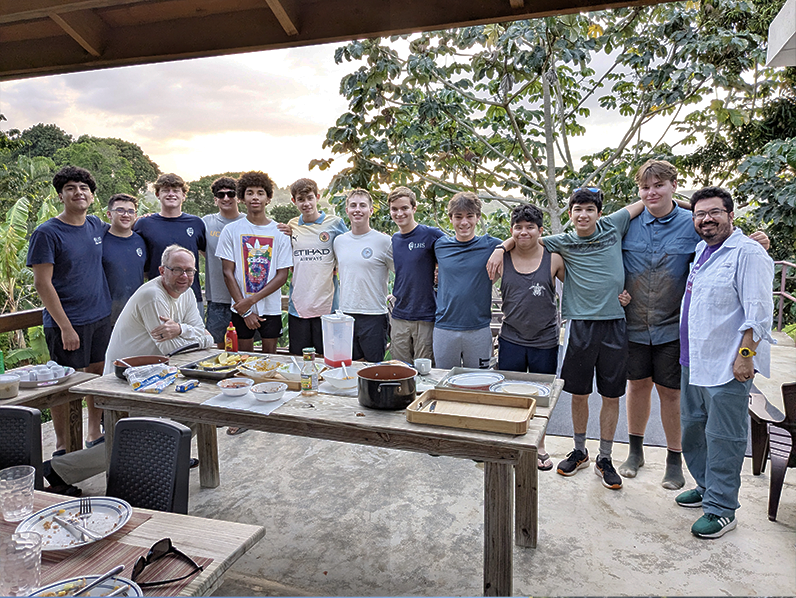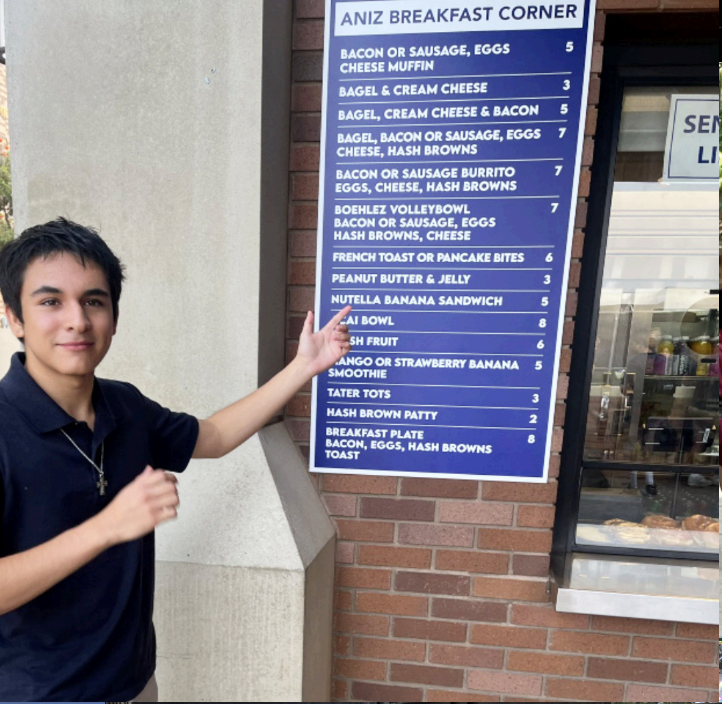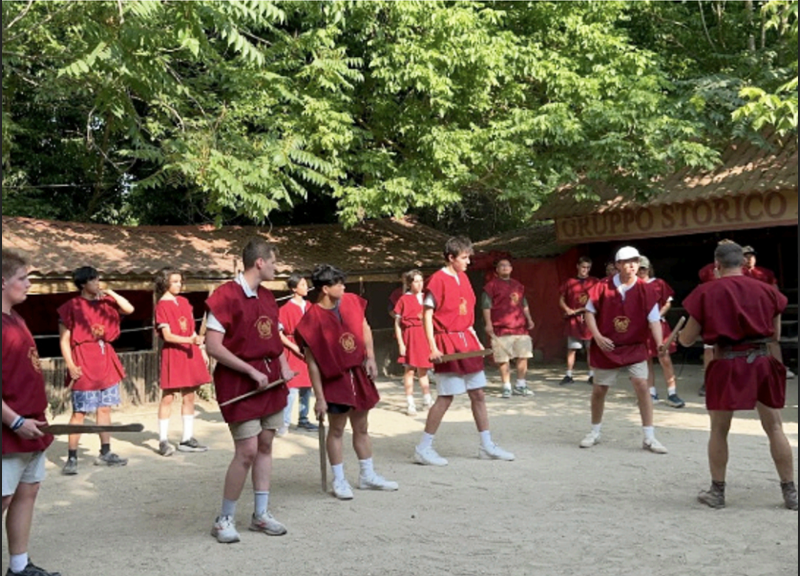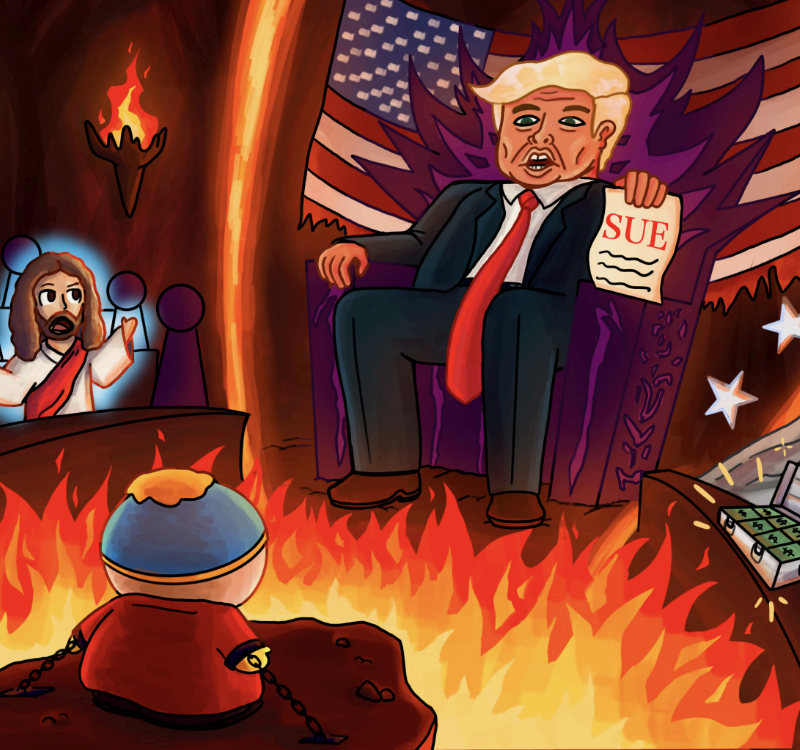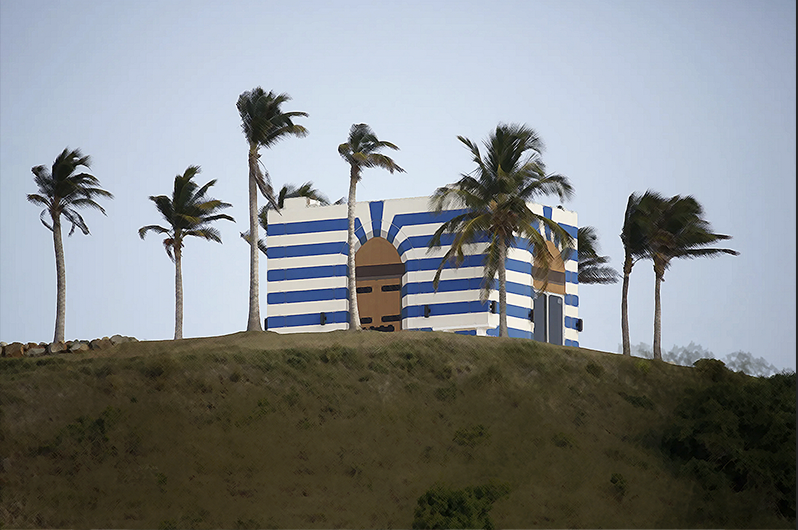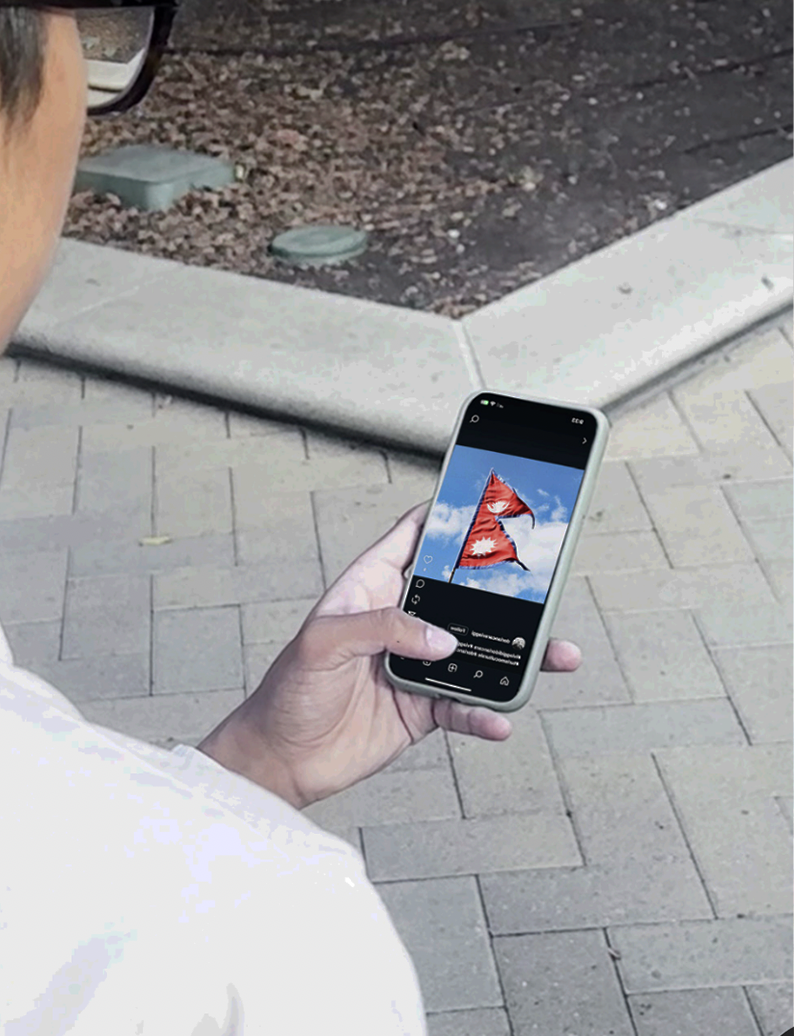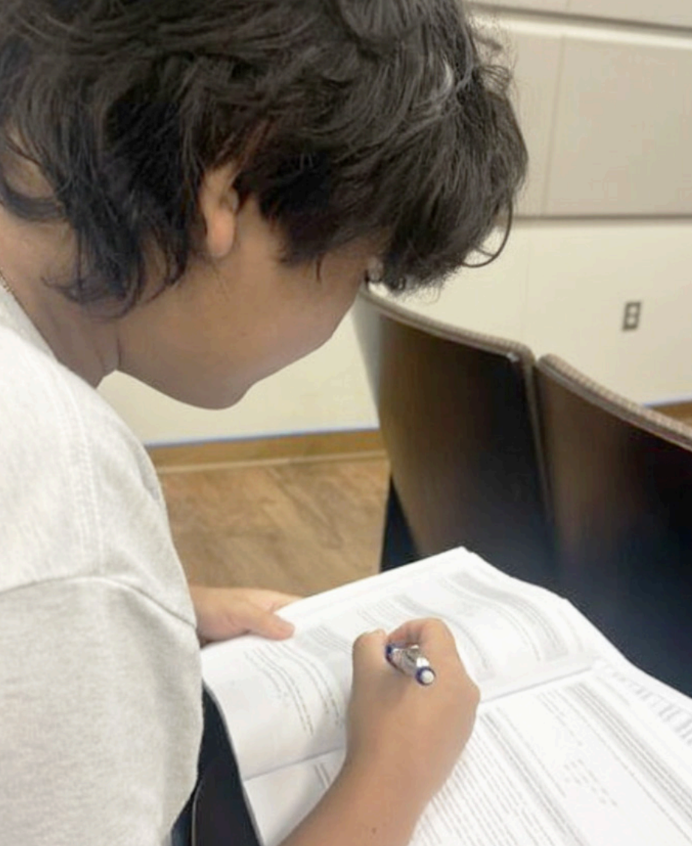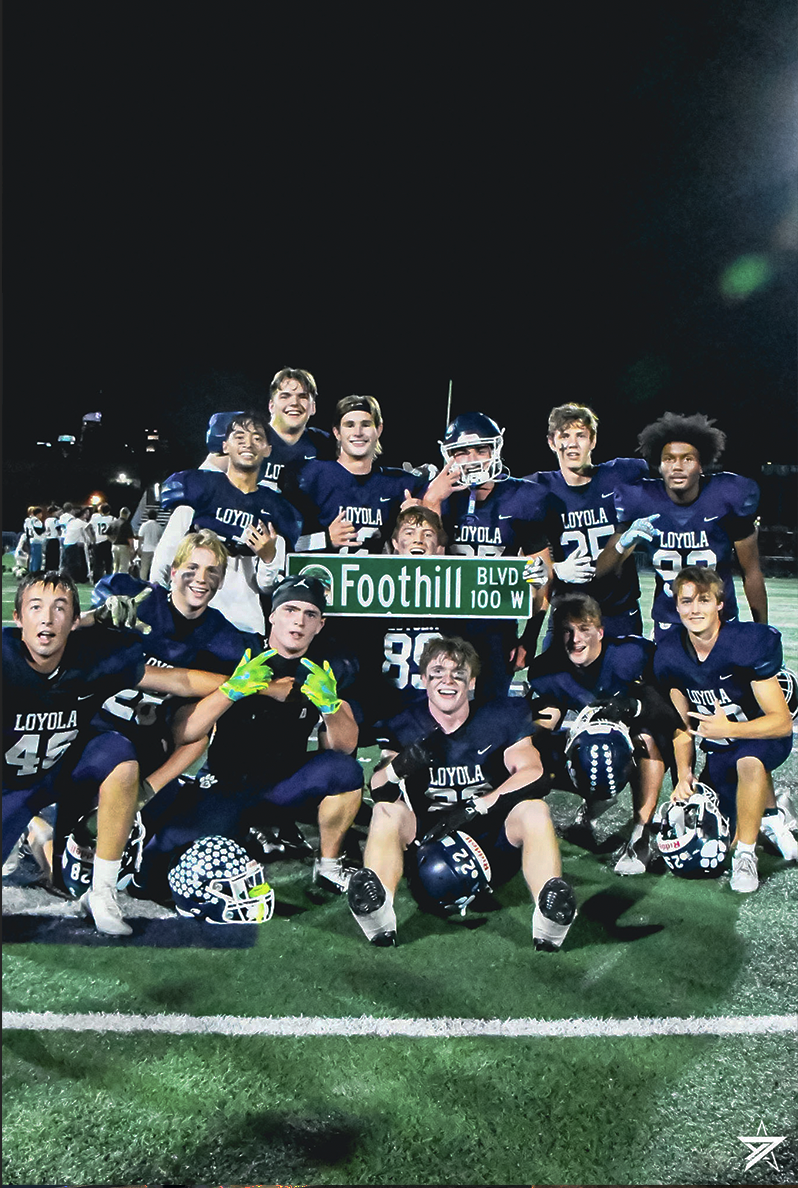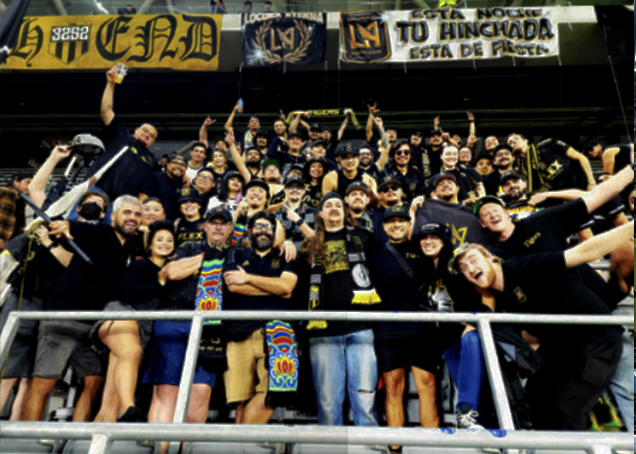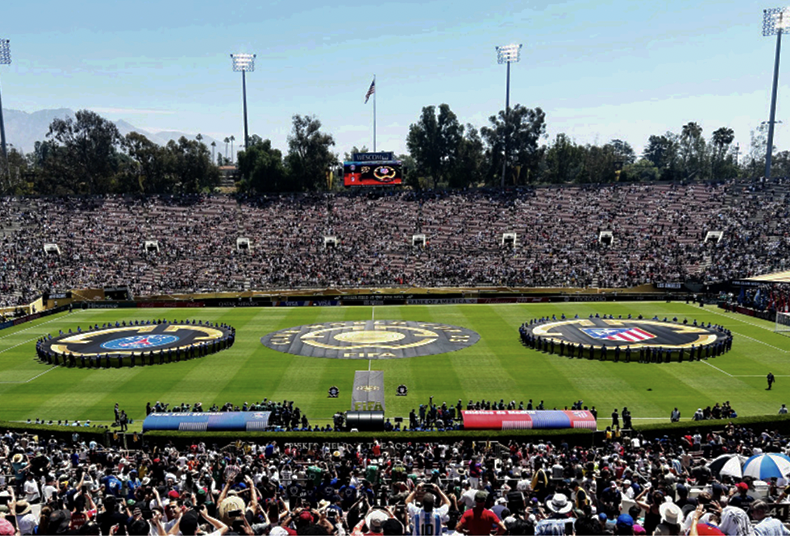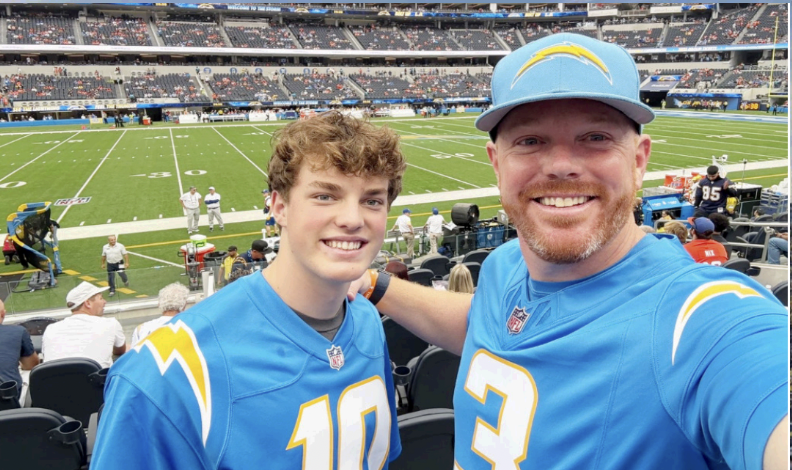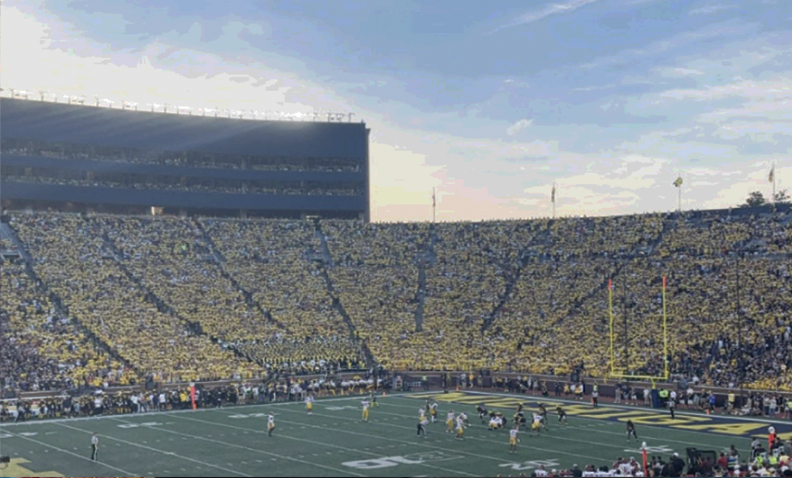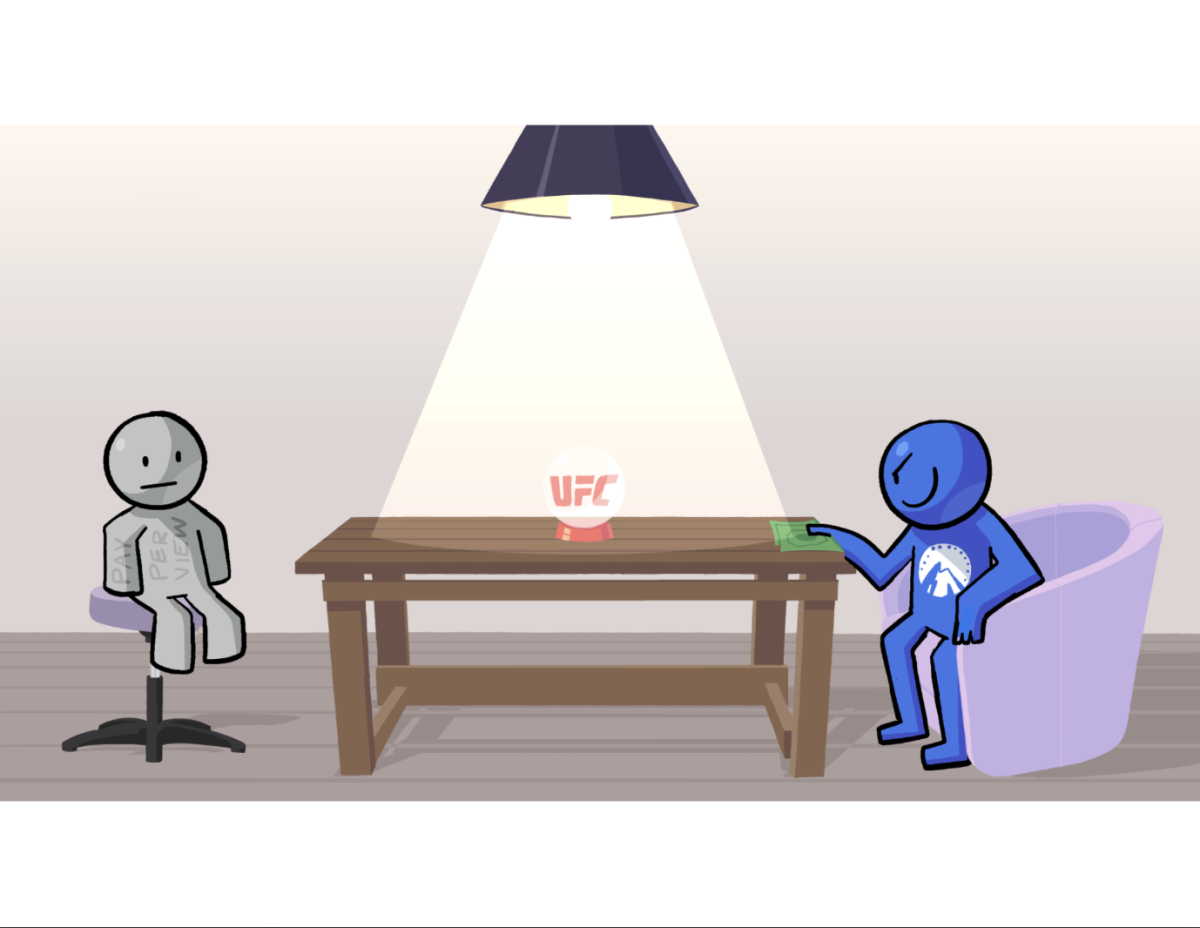This past Nov. 11, Loyola came together with the community to celebrate Veterans Day. At Loyola, there are quite a few teachers who have served in the military and are now veterans. Some of these teachers include Cedric Ebiner, Andrew Uy, Stewart Hayes and John Quinn. There are also some past teachers at Loyola who include Dave McClave.
French and Latin teacher Cedric Ebiner served in the Swiss military. Switzerland has compulsory service for high school graduates and as such Ebiner was required to join the military.
After joining in the military, Ebiner took a series of exams that decided what branch of the Swiss military he would enter.Ebiner achieved high marks on the exams and was able to choose any category of the Swiss military to enter.
Ebiner decided to join the elite branch of Swiss soldiers known as the Mountain Grenadiers. As a Mountain Grenadier, Ebiner handled a wide variety of equipment.
Ebiner said, “There we got trained for mainly urban and mountain warfare and we got specialized in C4 explosives, and rocket launching.”
Although Swiss veterans keep military gear after their training, Ebiner returned his equipment after he moved to the US.
Ebiner said military experience involves discipline and teamwork.
He stated, “I think it would be a good idea for young Americans to go through that stuff. It’s a good way to whip kids into shape.”
Andrew Uy, physics and robotics teacher, served in the United States military as a combat medic.
Uy was trained as a combat medic. He learned how to maneuver around warfare with basic weaponry and medical supplies.
Uy said, “All of us were trained with the standard issue rifle and on top of the standard equipment I was trained with a med bag with IV’s, splints, and other medical gear.”
Uy graduated from high school at the age of 16 without a citizenship to the United States because he was born in the Philippines.
Through his service in the U.S. military, Uy was able to easily obtain American citizenship.
Uy said, “After serving in the military it was only a couple years later before I got my citizenship.”
Father John Quinn S.J. served in the military twice during the draft era. “Rather than serve in the draft I joined the marine corps and served for a total of 6 years.” Half of those years were in active duty and the other were in reserve duty.
After his time in the marine corps Father Quinn joined the Jesuits and then once again joined the military in the war in Iraq, but this time he served as a chaplain. “In 2003 when the war broke out in Iraq it was important that catholic soldiers have priests serving as chaplains in order to give them the sacraments.” Quinn said.
Father Quinn was a part of the military as a chaplain for 3 years. Military service was not unnatural to Father Quinn.
Quinn said, “I was raised in the military, my Dad was a career army officer so the idea of service was pretty much ingrained in me from the beginning.”
Father Quinn ended up leaving the military as the provincial gave him three years to be in the military.
Quinn said, “It was a three year assignment, id order to stay in for a career I would need to be in the military longer.”
Quinn joined the military in his early 50’s and due to the fact that he could be forced to retire at the age of 60 he wouldn’t have had much time to make a military career for himself.
Andrey Aristov, Assistant Principal for Curriculum and Scheduling, served in the air force as an intelligence officer for 28 years. “I was an intelligence officer because I speak, read, and write Russian.”
Aristov joined the military out of a sense of duty to the country. Aristov stated, “I really felt a need to serve my country and my fellow man and I thought that this was the best way to do it.”
Although Aristov viewed the military as a viable career, toward the end of Aristov’s career military enlistment decreased and as a result Aristov decided to pursue a different career.
Aristov said, “The pathway I was following was beginning to close in in the 1980’s when there was a drawdown of the military and some of the opportunities that I was hoping to have were shutting down and I felt at that time that it was a good idea to move into the reserves so that I could keep options open.”
Aristov views serving in the military as an experience that has helped him later on in life as he is seeing the benefits of the military in his modern day work.
Aristov said, “When I was learning how to be an officer I became more disciplined, organized, and focused. I also think it has given me the ability to prioritize more easily as these skills are all needed for an officer on a daily basis.”
Former Loyola teacher Dave McClave served in the Vietnam War as an artillery officer.
McClave participated in the Reserves Officers Training Course, ROTC, which trains officers to serve in the military. After completing the ROTC, McClave served in Vietnam for 22 months.
Including active and reserve duty, McClave served for a total of 5 years. McClave believes Americans should serve in the military.
McClave did not view the military as a viable career choice because his wife was not very much involved in the military effort and because McClave did not feel a strong yearning to join in the military for a perpetuated time.
McClave said, “In a sense, a wife is almost as important as you are to become a military success and I knew that that would never work with my wife and I didn’t even feel an inclination to view the military as a career.”
McClave described the aftermath of his service to be difficult as he didn’t know how his friends who served in the army fared as he wasn’t able to get in contact with them.
McClave said, “I came home and I thought that I had had friends who had been killed in Vietnam and before long I thought it was a great tragedy that they had been sent there.”
“I think that whether it be military service or community service, some form of service would be very helpful to the youth of America,” McClave said.

